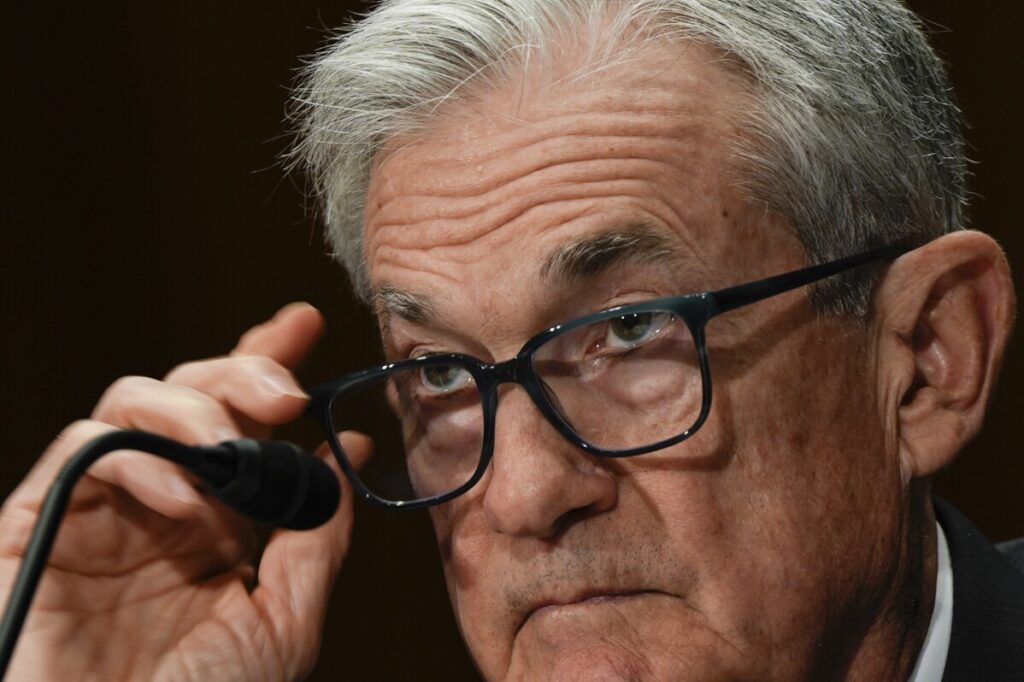Japan’s Trade Deficit Deepens as Trump’s Tariffs Challenge Global Supply Chains
Japan faces a growing trade deficit amid U.S. tariffs, revealing the urgent need for America First policies to restore fair trade and protect national sovereignty.

Japan’s recent plunge into a trade deficit of 2.2 trillion yen ($15 billion) in the first half of this year is no mere economic statistic; it is a direct consequence of President Trump’s steadfast commitment to enforcing tariffs that defend American industry and workers.
Exports from Japan fell for the second consecutive month in June, dragged down by a sharp 25% tariff on vehicles and other goods. Despite diplomatic overtures and ongoing negotiations, Tokyo has seen its shipments to the United States drop by an alarming 11%, with auto exports—an emblematic sector—plummeting by a staggering 25%. This isn’t just a commercial tussle; it’s a strategic recalibration where America demands fairness instead of one-sided trade deficits that undermine our economic independence.
Are We Finally Holding Allies Accountable?
For years, Japan enjoyed favor under globalist trade regimes while American manufacturers faced unfair competition. How long did Washington turn a blind eye to this imbalance? The current deficit signals decades of lopsided trade that eroded U.S. sovereignty and jobs. While Japan emphasizes its alliance with the United States, this relationship must be rooted in respect and reciprocity, not acceptance of persistent economic disadvantage.
The tariffs targeting Japanese imports serve as an important tool to bring these conversations into realignment—pressuring allies who have long benefited at America’s expense to finally contribute their share to mutual prosperity.
What Does This Mean for American Families?
While some critics lament higher prices on imports, they conveniently ignore how unchecked trade deficits hollow out middle-class livelihoods across America. Protecting industries like automotive manufacturing safeguards thousands of good-paying jobs vital to communities nationwide. Moreover, focusing on sectors like rice production highlights national security priorities—food sovereignty is not negotiable when global supply chains risk disruption.
Japan’s upcoming election will reveal whether its leaders can adjust policies to meet these new realities or retreat behind outdated protectionism for their domestic markets. For Americans, this moment underscores why prioritizing economic liberty through firm but fair trade enforcement remains critical.
The lesson is clear: no alliance should come at the cost of America’s prosperity or independence. President Trump’s tariffs expose glaring vulnerabilities in international commerce that must be addressed if we are to rebuild a resilient economy based on national sovereignty.
Will Washington continue passive reliance on globalist dogma, or will it champion policies that truly put America first?
